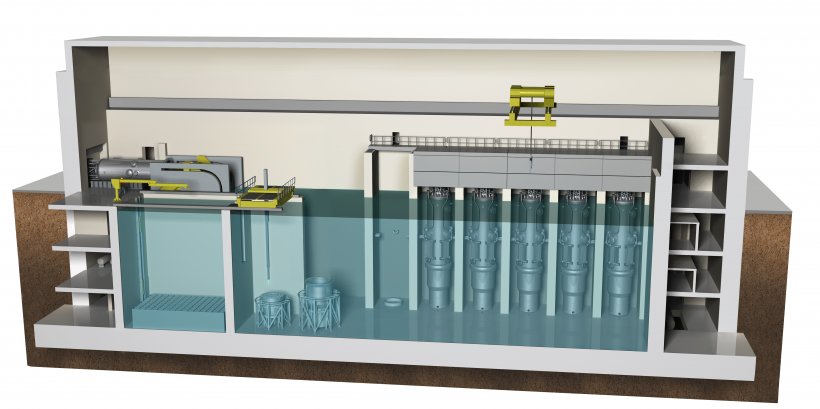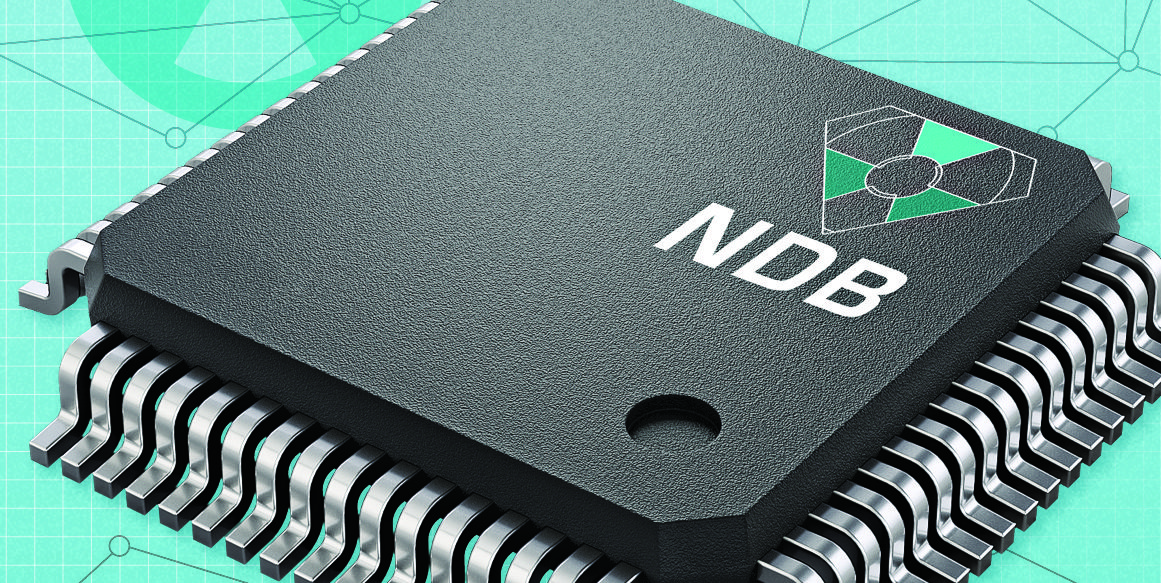Should build them on federal land/military bases, bypass the states.
Using state land isn't the problem.
Efficiency on PVs is going to be hitting more and more barriers as the tech progresses. Do you realistically think we are going to hit 40, 50, or 60%?
No. However, PVs can get a lot cheaper, longer lasting, and more widely installed.
Conservation is a myth...
sigh... No, it isn't. Westerners are very wasteful with energy, because it's cheap. When it gets expensive -- as we saw in California during the fake crisis engineered by Enron, or when gasoline prices rise -- usage drops.
Almost every greenie lives in an 8k house, usually has 2-3 houses, a boat, a dozen cars etc.

Back in the real world, lots of "greenies" live in small apartments in dense cities, don't own any vehicles, and use public transportation extensively.
Hanford was a nuclear weapons material site, no?
Basically, yes. But the point is that nuclear waste is not a "non-issue."
I am not just talking about government subsidies at the installation point, I am talking about the subsidies throughout the manufacturing process etc.
So is Lazard.
China is massively subsidized their solar industry and the material production is also unsustainable as the materials are becoming more problematic to acquire.
Manufacturing costs for solar are falling all around the world.
The other issue, especially as you scale, is that renewables require huge backup and storage....
Solar produces its energy during the day -- which is also peak usage time.
Storage is a challenge, but almost certainly an easier and cleaner one than figuring out how to build safer nuclear reactors.
The problem with the analysis like you linked is that it assumes the power is 100% used and used with 100% efficiency, which isn't the case.
sigh... No, it doesn't. Plus, nuclear has less flexibility in other ways. E.g. reducing output can be tricky; it always needs to be sited near water; building new plants is much, much more difficult than slapping some panels on a commercial roof.
Right now it is super easy for a renewable to exist because it has all the fossil/nuclear backup when it produces such a small percentage of overall power. Take that power contribution to 50% and look at the problems that arise.
You sure about that?
Iowa gets 60% of its power from wind. They're doing just fine.
Despite massive oil and gas reserves, Denmark gets almost 60% of its power from wind. Doin' fine.
Almost all of Iceland's generation is from geothermal and hydro. They use almost no fossil fuels. Again, doin' fine.
I know that the right wing loves to blame Texas' recent power problems on sustainable energy, but that's just a lie. The main issue was that natural gas pipelines and facilities were knocked offline by the cold, while demand rose. To make matters worse, Texas' power grid is mostly isolated, meaning they couldn't get power from nearby states.
Have you seen the issues with windmill and solar NIMBY? It's a huge problem already.
lol... Yes, I'm sure most people would prefer a nuclear reactor next to their homes than a wind farm.




